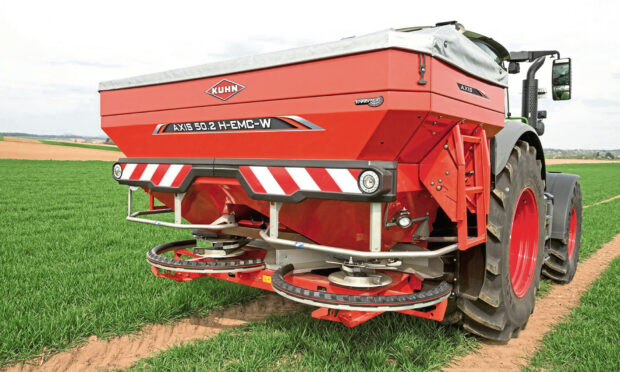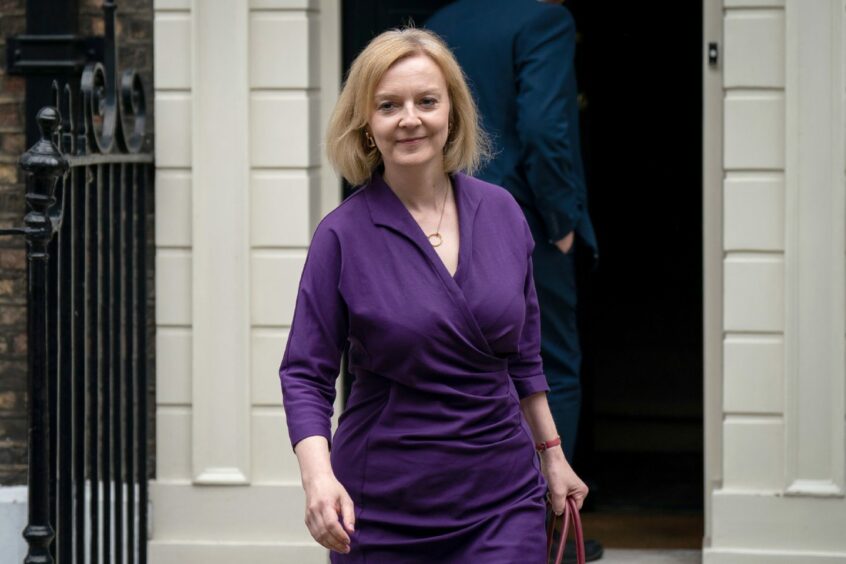Concern is growing in Europe over the price and availability of fertilisers, in the wake of rocketing gas prices and the impact of rationing supplies to industry.
The trade body that represents the fertiliser industry, Fertilisers Europe, says it estimates 70% of production has been “curtailed” because production cost economics make it impossible to operate profitably.
It says 90% of variable costs in making fertiliser are directly linked to the gas price, which it claims has risen by 1000% over the past year.
With gas shortages set to get worse, it has appealed to the European Commission and individual member states to support the industry financially, as part of a drive to ensure food security.
It has also called for the industry to be given some level of priority in allocating gas if rationing becomes more intense.
Fertiliser trade body says gas market ‘broken’
The trade body says the gas market is ‘broken’ and warns that moving away from dependence on Russia cannot be achieved by closing down capacity in Europe.
Figures published by the European cereals observatory on global markets show that, despite weather events, production will be down by just 2% in 2022/23.
Ironically before weather, in the shape of rain, created problems for the harvest, Russia was on course for above average yields.
However with most countries shunning it as a source this will have no impact on the levels of grain traded. Wheat production will be down by just 0.4%, thanks to a larger area in production.
Ironically before rain created problems for the harvest, Russia was on course for above average yields.”
Consumption will rise by a modest 0.3% thanks to the impact of price on demand, but stocks are forecast to fall to a global four-year low.
In the EU final crop estimates for spring crops continue to be reduced, because of the impact of drought in key countries, and 5% plus reductions are being recorded for maize, sunflowers and soya.
In contrast the hot weather and perfect harvesting conditions maintained yields of winter crops.
PM must make tough trade decisions
New Prime Minister Liz Truss, who has been selected after a long election process by Conservative party members, faces some tough decisions over the EU.
A remain supporter turned Brexit advocate, she has promised party members a tough stance towards Brussels.
Given that, unlike the EU, London has not been able to impose customs controls on UK food imports, the new prime minister will have to weigh up the risks and opportunities of a trade war. This could see the EU walk away from the existing trade deal.
Other issues are around how closely or otherwise to co-operate with Brussels in a range of areas, from energy to scientific research.
The key decision will be whether an isolationist approach to live up to promises to Tory party members is possible or practical, given that in trade the EU continues to hold the stronger cards because of concerns about the impact a trade dispute would have on the UK cost-of-living crisis.


Conversation